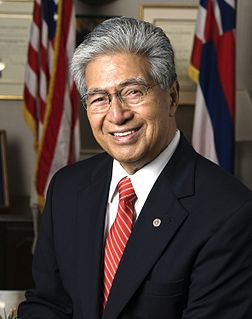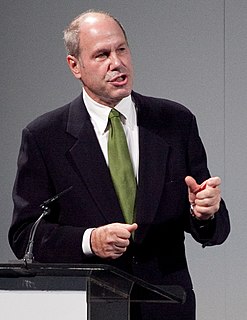A Quote by Yemi Osinbajo
Corruption and illicit financial flows are different. But they really must be twinned. This is because, for practical purposes, it is an eminently more sensible approach to treat most of the sources of illicit financial flows as corrupt activity, within a broader use of the term.
Related Quotes
Many governments and corporations take no moral responsibility for the enslavement of migrant workers and freely do business with states built on the back of slave labour. Illicit financial flows and tax evasion are ignored in the interests of some nations and their corporations, stripping the tax base that is so vital for essential services.
What we're going to do is redouble our efforts on financial regulatory reform, because that has in it sensible things like say on pay, so at least the shareholders are minding the store, sensible things like saying, for heaven's sakes, compensation should be focused on - on long term, so that you don't have rewards for short-term risk-taking.
FinCEN directs financial institutions to file suspicious activity reports (SARs) to inform law enforcement of certain types of cyber-enabled crime. As the agency charged with protecting the United States from financial crime, FinCEN's guidance does not deem financial institutions who process such transactions to be involved in a criminal activity.
The industry financial advisers, on average about 85% male, tends to be a more mature financial adviser - so I think in their 50s, really. For so many companies, in their 60s. In fact, there is one company that was telling me they had more financial advisers over the age of 80 than under the age of 30.


































